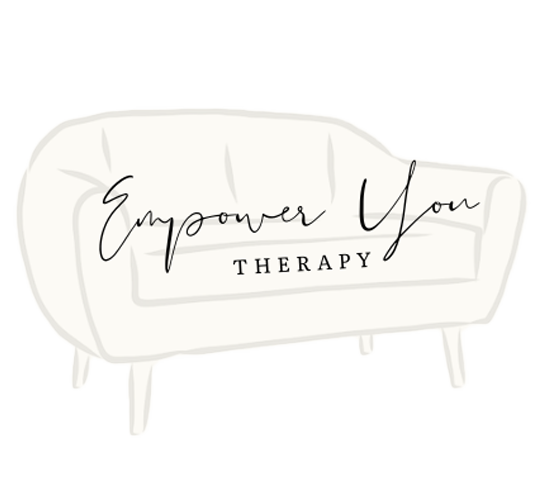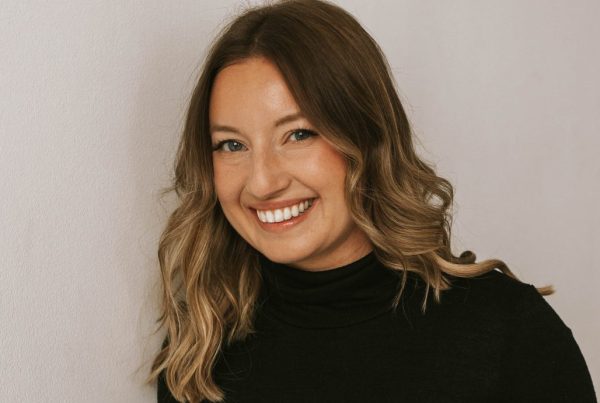Written By: Natalie Stringham
If you’re searching for compassionate support in managing obsessive-compulsive disorder (OCD), look no further! Nelson Lee is our dedicated OCD therapist in Utah, specializing in evidence-based treatments that help clients regain control of their lives. With a warm and understanding approach, Nelson is committed to creating a safe space where individuals can confront their challenges and work toward meaningful change. In this blog post, we’ll explore what a typical session with Nelson might look like and delve into the therapeutic modalities he employs, including Acceptance and Commitment Therapy (ACT), Internal Family Systems (IFS), Exposure Therapy, and Accelerated Resolution Therapy (ART).
What Does OCD Look Like?
Obsessive-Compulsive Disorder (OCD) is a mental health condition characterized by unwanted, intrusive thoughts (obsessions) and repetitive behaviors or mental acts (compulsions) that individuals feel driven to perform. These obsessions can lead to significant anxiety and distress, prompting the person to engage in compulsive rituals to alleviate their fears. While OCD can manifest in various forms, it is often misunderstood, leading individuals to suffer in silence without seeking the appropriate help.
One specific form of OCD that deserves attention, especially in Utah, is scrupulosity. Scrupulosity typically involves obsessive fears related to morality, ethics, or religious beliefs. Individuals with this type of OCD may experience intense anxiety about committing sins, violating moral principles, or failing to adhere to religious practices. This form of OCD can manifest as excessive guilt, compulsive prayer, or repeated seeking of reassurance from spiritual leaders or trusted individuals about one’s moral standing. For those struggling with scrupulosity, the constant need to ensure they are “doing the right thing” can be exhausting and isolating.
Understanding OCD and its various forms, including scrupulosity, is vital for fostering empathy and encouraging individuals to seek help. Treatment approaches like those offered by our experienced OCD therapist in Utah, Nelson Lee, can provide valuable support and guidance in navigating these challenges, helping clients reclaim their lives from the grip of OCD.
Why Choose an OCD Therapist in Utah?
Selecting an OCD therapist in Utah provides a unique advantage, especially when considering the specific challenges that residents may face. The culture in Utah is often characterized by strong community ties and high expectations, which can sometimes lead individuals to feel isolated in their struggles. For those grappling with OCD, these social pressures may exacerbate feelings of shame or anxiety, making it even more crucial to seek specialized support.
Additionally, Utah’s beautiful outdoor lifestyle and active community may create pressures to conform to an ideal that can feel daunting for anyone dealing with mental health issues. An understanding of these unique cultural and environmental factors can enhance the therapeutic experience, allowing a therapist like Nelson to tailor their approach to meet the specific needs of their clients. Choosing a local OCD therapist means receiving care from someone who understands the regional context and can relate to the distinct challenges you may be facing while navigating your mental health journey. This localized support can significantly aid in your healing process, providing you with the tools to address OCD in a way that resonates with your experiences and environment.
Acceptance and Commitment Therapy (ACT)
In sessions with Nelson, one of the primary approaches used is Acceptance and Commitment Therapy (ACT). This mindfulness-based therapy encourages clients to accept their thoughts and feelings rather than trying to control or avoid them. With ACT, Nelson helps clients develop psychological flexibility, enabling them to engage in valued activities in spite of the presence of obsessive thoughts or compulsive behaviors. This proactive approach empowers clients to commit to actions aligned with their goals, facilitating personal growth and resilience in their daily lives.
Internal Family Systems (IFS)
Another valuable technique that Nelson employs is Internal Family Systems (IFS). This therapeutic model posits that our minds consist of various “parts,” each with its own beliefs and feelings. For someone with OCD, certain parts may be responsible for the obsessions and compulsions experienced. During therapy, Nelson guides clients through understanding these parts, fostering self-compassion and helping to integrate the fragmented aspects of their psyche. By acknowledging and honoring these internal experiences, clients can reduce the power that OCD holds over them and find a more harmonious way to navigate their emotions.
Exposure Therapy
Exposure Therapy is a fundamental component of the treatment process for OCD, and Nelson utilizes this technique to help clients face their fears gradually. In a supportive and controlled environment, Nelson works with clients to expose them to the situations or thoughts that trigger their compulsions. By doing so, clients learn to confront their fears without resorting to compulsive behaviors, which ultimately helps desensitize their responses over time. This method not only builds confidence but also reinforces the understanding that they can endure discomfort without the need for compulsions, leading to significant reductions in anxiety levels.
Accelerated Resolution Therapy (ART)
Finally, Nelson incorporates Accelerated Resolution Therapy (ART) into his practice for clients dealing with OCD. ART is a powerful eye movement therapy that enables clients to process and reframe distressing memories associated with their obsessive thoughts. During sessions, clients can quickly and effectively resolve negative emotions, allowing them to shift their perceptions of traumatic experiences or intrusive thoughts. ART facilitates a sense of relief and comfort, making it easier for clients to engage with their therapy journey and focus on reclaiming their lives from OCD.
Conclusion
Working with Nelson Lee, our dedicated OCD therapist in Utah, offers clients a compassionate and comprehensive approach to managing their OCD symptoms. Through techniques like ACT, IFS, Exposure Therapy, and ART, Nelson equips clients with effective strategies to address their challenges and develop a path toward healing. If you or someone you know is struggling with OCD, consider reaching out to start your journey toward a more fulfilling life. With the right support, you can overcome the obstacles that OCD presents and embrace a more empowered version of yourself.
Therapist Draper
Therapist Draper. Counseling in Draper Utah, Counseling Draper







